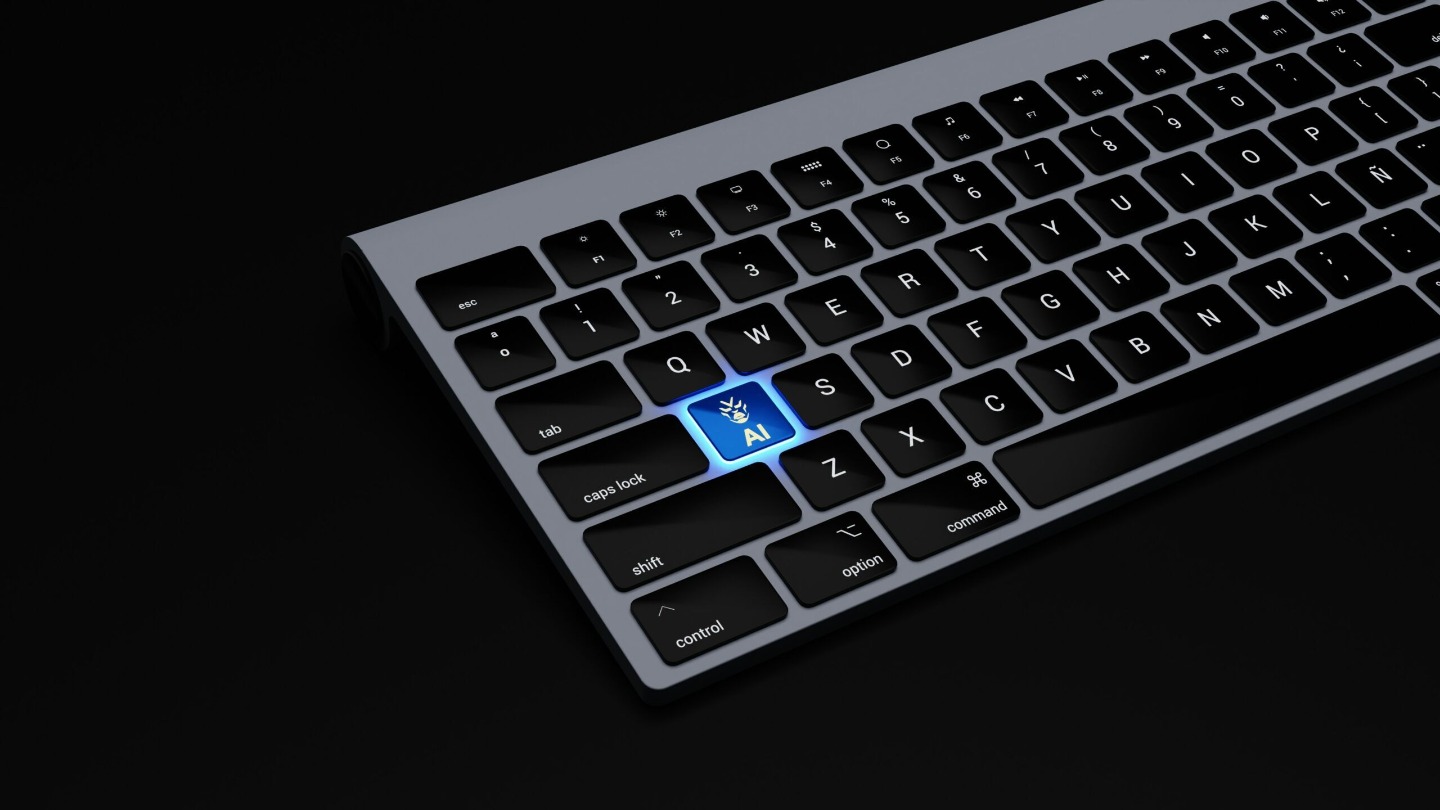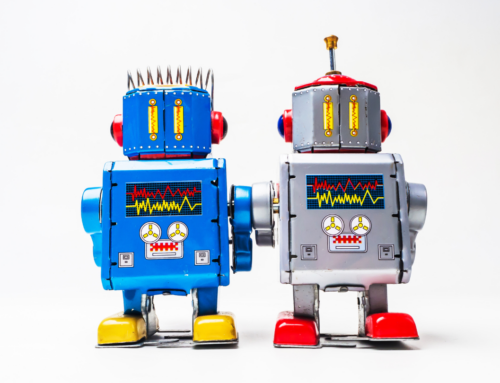92% of enterprises report that they are actively working on at least one app modernization project. Many companies are updating multiple forms of legacy software to a cloud-first model. AI is enabling significant changes to make apps more streamlined, efficient, and intelligent.
Introduction to AI in Application Modernization
AI is at the center of digital transformation strategies for organizations of all sizes. Application modernization is leveraging artificial intelligence and machine learning to drive innovation. As companies look to evolve their software for the next generation, AI is providing a pathway.
Several AI technologies are impacting app modernization, including:
- Machine Learning (ML) and Deep Learning: Enabling systems to learn from data and improve over time without explicit programming.
- Natural Language Processing (NLP): Allowing applications to understand, interpret, and generate human language, opening up new possibilities for user interfaces and data analysis.
- Computer Vision: Providing applications with the ability to interpret and understand visual information from the world.
- Robotic Process Automation (RPA): Using AI to automate repetitive tasks, freeing up human resources for more complex and creative work.
- Cognitive Computing: Mimicking the human thought processes, enabling more natural interactions between humans and machines.
Benefits of Implementing AI in Modernizing Applications
What are companies looking for in app modernization? A recent survey of large organizations said there were three primary drivers behind their decision to modernize: security, reliability, and scalability. Those successfully completing their modernization report positive results even in the early stages. For projects in progress, 58% of organizations said they saw increased security, 52% reported increases in reliability, and 53% experienced enhanced scalability.
AI is powering app modernization in multiple ways and yielding significant benefits, including:
Streamlining Development
AI tools can automate various parts of the development process from writing code to automating code refactoring for legacy codebases — significantly reducing the manual work and accelerating deployment.
AI and machine learning also excel at testing and quality assurance. Algorithms can generate and simulate test cases. Examining performance and historical data, predictive intelligence can scan for problems and apply patches to defects in many cases.
Using AI during the development process has become increasingly important, helping organizations overcome the talent shortage. There are more than one million open jobs globally for software engineers right now. IDC projects that number will grow to four million by 2025.
Improving App Performance
AI in applications can adapt to usage patterns, allowing for more efficient resource allocation. This results in higher availability and reduces wait times. In other words, app modernization with AI creates faster response times and user experience.
For example, by predicting user behavior, apps can prefetch anticipated data. Intelligent caching and data management can speed up load time for a more responsive experience.
Accelerating Go-to-Market
By automating much of the DevOps process, AI can significantly accelerate the time to market. AI can handle many of the time-consuming tasks that often slow development cycles, such as:
- Automated scaling
- App monitoring
- Continuous integration and deployment
AI also excels at rapid prototyping. By iterating multiple versions of designs or builds, you can find optimal solutions at an accelerated pace.
Case Studies Highlighting AI Success in Application Modernization
Companies are leveraging AI in app modernization in multiple ways.
For example, one large global bank used AI to auto-map more than 30,000 APIs across various domains. This allowed them to find outdated APIs, duplicates, and identify reusable APIs. The project was completed in six to eight weeks compared to their original project of 12 months without AI.
IKEA, the DIY furniture manufacturer, is a good example of app modernization done right. Its digital transformation, leveraging AI and robotic process automation, to create more efficient payment processing. The company reports a 300% increase in eCommerce sales as a direct result of this transformation.
A global semiconductor manufacturer leveraged a low-code center of excellence (CoE) approach to create a modern marketplace of starter kits, components, templates, and connectors — accelerating app development times (time-to-market) by 5X. This modernization effort also enabled the company to optimize or curtail other software licenses, saving millions of dollars.
Best Practices for Leveraging AI in Application Modernization
There are a few best practices that produce better outcomes when successfully implementing AI in application modernization efforts.
Assess the Current Application Landscape
Before diving into AI implementation, you must first understand the existing application portfolio, identify modernization priorities, and evaluate AI readiness. You need the right tools and partners to make your app modernization successful.
Develop a Clear AI-Driven Modernization Strategy
Set clear objectives and KPIs. This will be important to keep projects on track and measure performance over time. Whether you outsource your app modernization or do it in-house, creating cross-functional teams that combine AI expertise with domain knowledge will be extremely helpful.
Enforce Data Quality and Governance
Without accurate and clean data for your AI models, you run the risk of skewing outputs. Implement robust data governance practices that ensure data accuracy and protect sensitive and proprietary information.
Start with Pilot Projects
It’s often a good idea to start with small, manageable projects to prove the concept and gain buy-in from team members. You can use the lessons learned from these pilot projects to refine your approach before scaling up.
Address Challenges Proactively
Be prepared to tackle issues such as data privacy concerns, ethical considerations in AI implementation, and the need for cultural change within the organization. Change management strategies are an essential part of any digital transformation project.
Future Trends of AI in Application Modernization
As AI and AI tools continue to evolve, there are emerging trends that will benefit app modernization projects even more.
Right now, there is some uncertainty about whether AI tools are making the right decisions. Explainable AI techniques are starting to provide insight into AI’s decision-making process. This transparency increases trust.
Other developments hold promises as well. As more processing moves to edge devices, AI will play an increasing role in performance optimization and managing resources in a distributed environment. Quantum computing has the potential to dramatically accelerate AI algorithms. Advanced AI systems are becoming more powerful in detecting and resolving app issues without the need for human intervention.
Embracing AI Tools for Better App Modernization
As technology advances, AI is playing an increasing role in how we develop, manage, and evolve our apps. Developers that embrace these tools will be able to leverage the power of AI to streamline app modernization and produce more efficient solutions. Learn more about how we do application modernization here.






